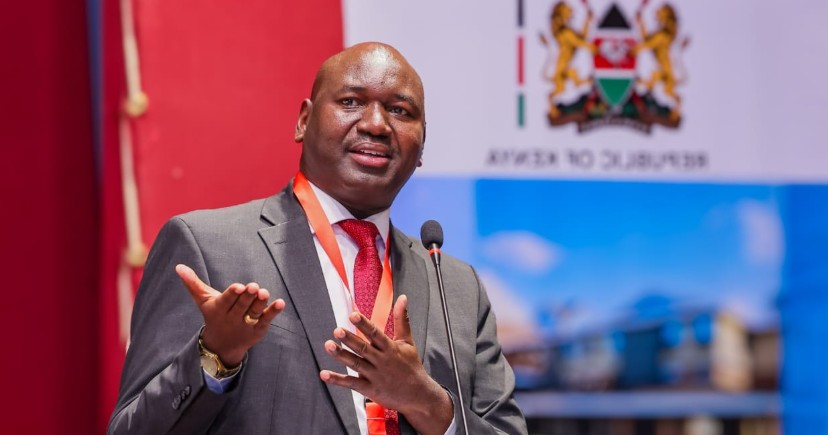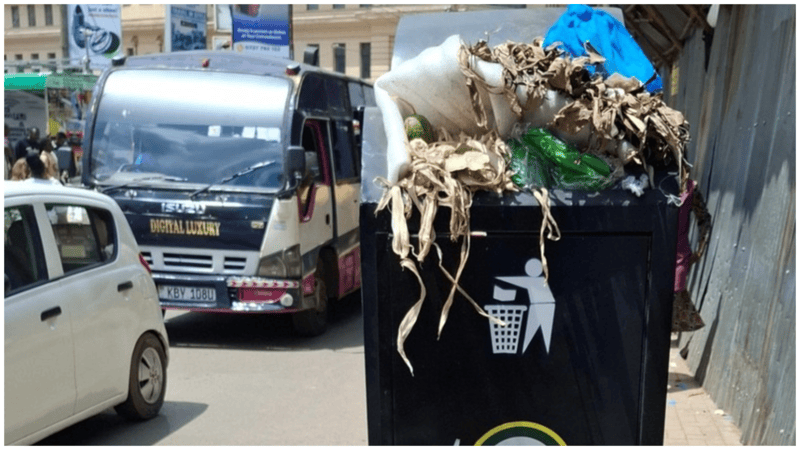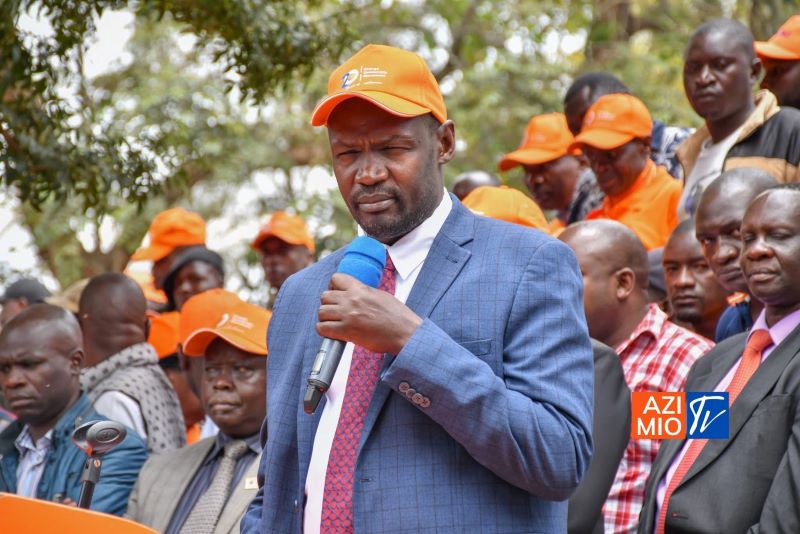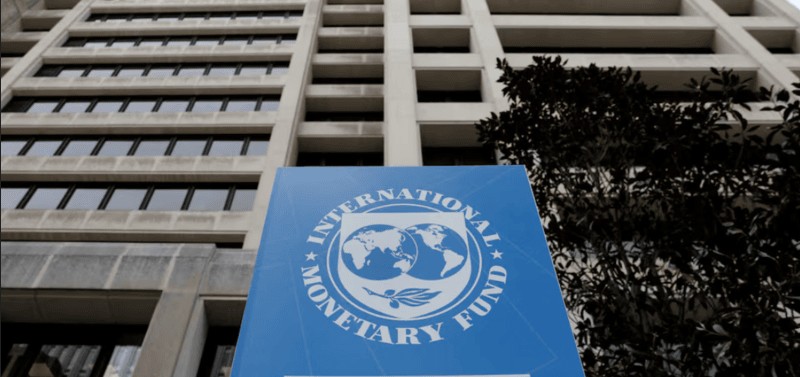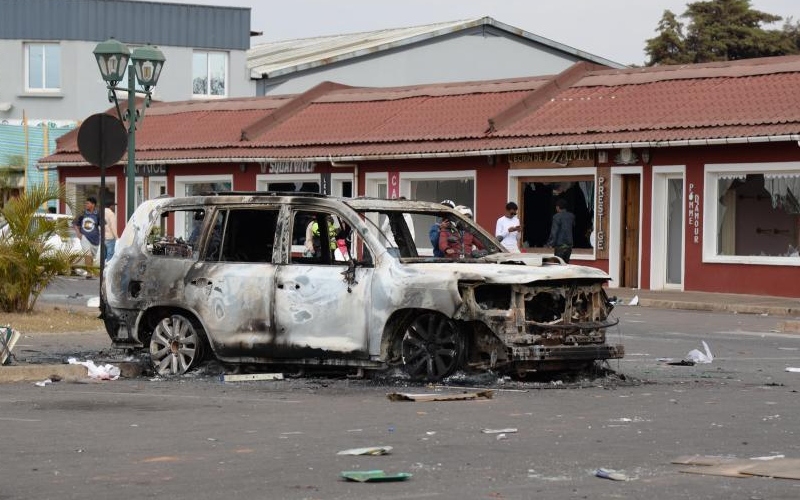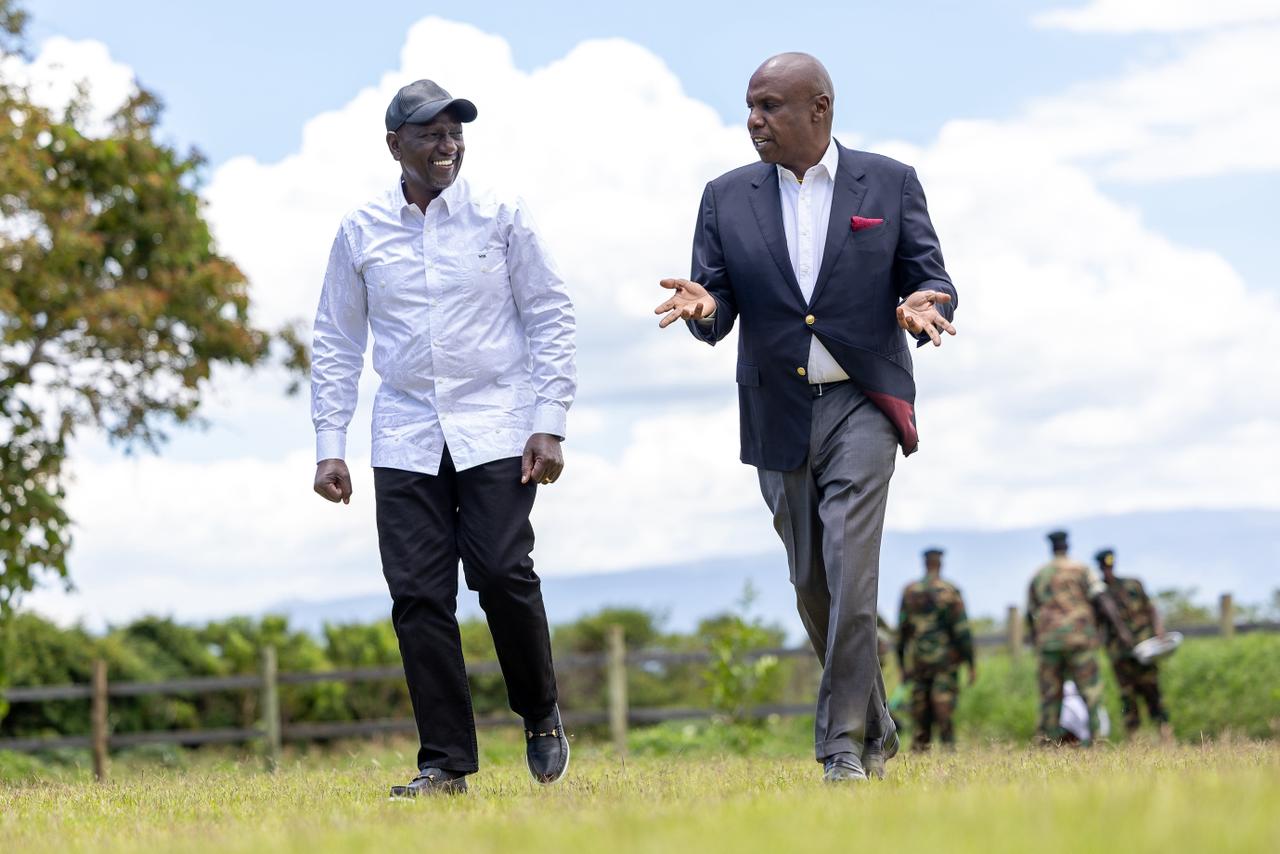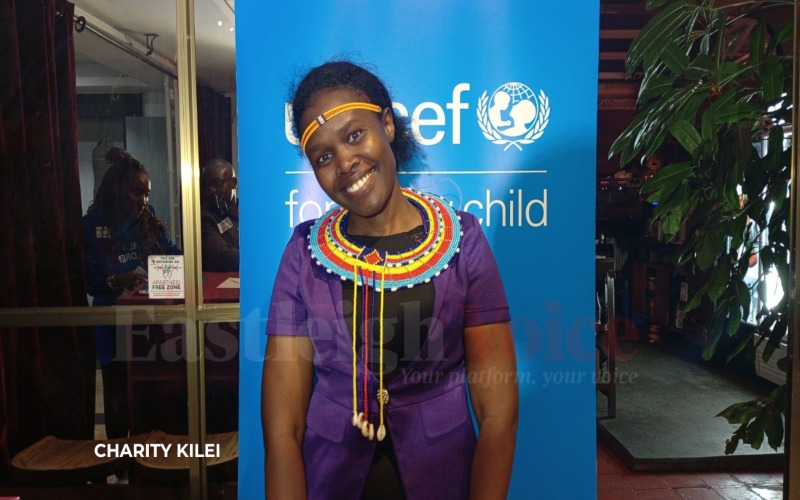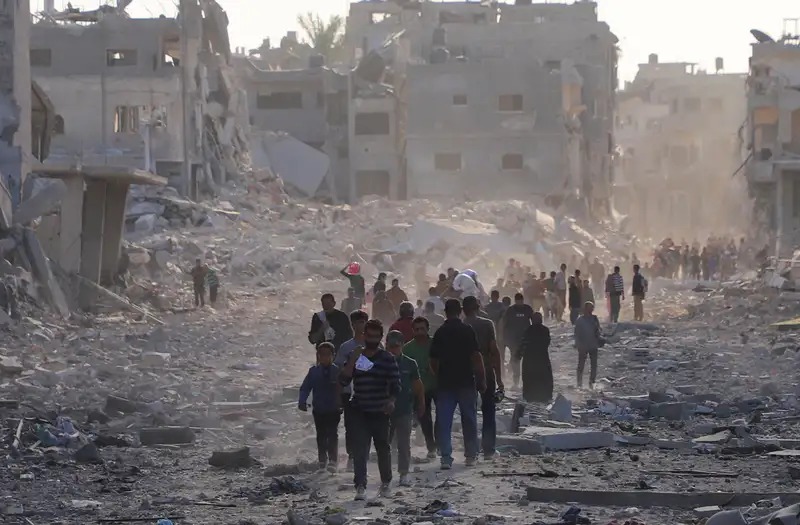Ethiopia nears milestone in tobacco control - WHO
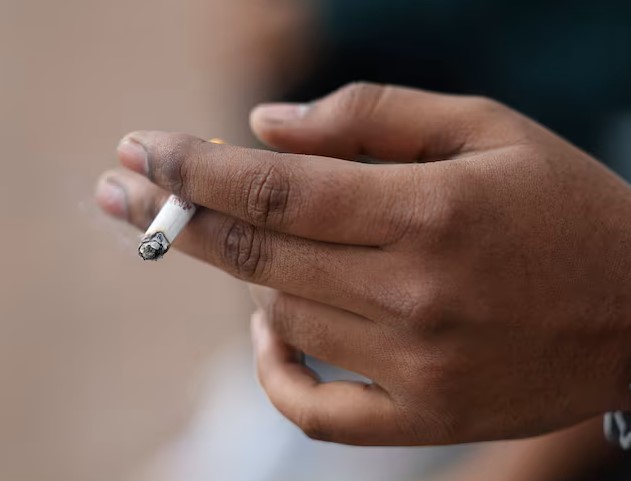
Ethiopia is among seven countries that are just one step away from fully implementing the World Health Organisation's (WHO) MPOWER tobacco control strategies.
Ethiopia is among seven countries that are just one step away from fully implementing the World Health Organisation's (WHO) MPOWER tobacco control strategies, a new report released by the global health body on Monday has revealed.
The MPOWER measures, introduced in 2007, encourage countries to monitor tobacco use, protect people from second-hand smoke, offer help to quit, warn about the dangers of tobacco, enforce bans on advertising and sponsorship, and raise taxes on tobacco products.
More To Read
- Senate approves Bill to tighten tobacco regulations
- WHO says rebuilding Gaza’s shattered health system critical to a lasting peace
- WHO warns of alarming teen vaping surge as 15 million adolescents now using e-cigarettes
- Growing health crisis among Kenya’s elderly: Costs, care and insurance coverage
- Gaza health system overwhelmed as WHO reports 42,000 people have life-changing injuries
- Mental health takes centre stage at the General Assembly
According to the report, since the program began, more than 6.1 billion people are now protected by at least one MPOWER measure, up from just one billion in 2007.
Only Brazil, Mauritius, Türkiye, and the Netherlands have fully implemented all six MPOWER policies. Ethiopia is among the seven closest behind, along with Ireland, Jordan, Mexico, New Zealand, Slovenia and Spain.
"Twenty years since the adoption of the WHO Framework Convention on Tobacco Control, we have many successes to celebrate, but the tobacco industry continues to evolve and so must we," said Dr Tedros Adhanom Ghebreyesus, WHO Director-General.
"By uniting science, policy and political will, we can create a world where tobacco no longer claims lives, damages economies or steals futures. Together, we can end the tobacco epidemic."
Despite the progress, major gaps remain. Forty countries have yet to implement even one MPOWER measure to best-practice standards, and more than 30 still allow cigarettes to be sold without mandatory health warnings.
Meanwhile, 134 countries have failed to increase tobacco taxes enough to discourage use, and only one-third of the world's population has access to cost-covered quit services.
The WHO report also notes that more than 110 countries have not conducted public anti-tobacco campaigns since 2022, despite their proven effectiveness.
Regulation of electronic cigarettes has improved, with 133 countries now implementing some form of controls, but more than 60 countries still have no laws in place.
"Governments must act boldly to close remaining gaps, strengthen enforcement, and invest in the proven tools that save lives. WHO calls on all countries to accelerate progress on MPOWER and ensure that no one is left behind in the fight against tobacco," said Dr Ruediger Krech, Director of Health Promotion.
Top Stories Today

